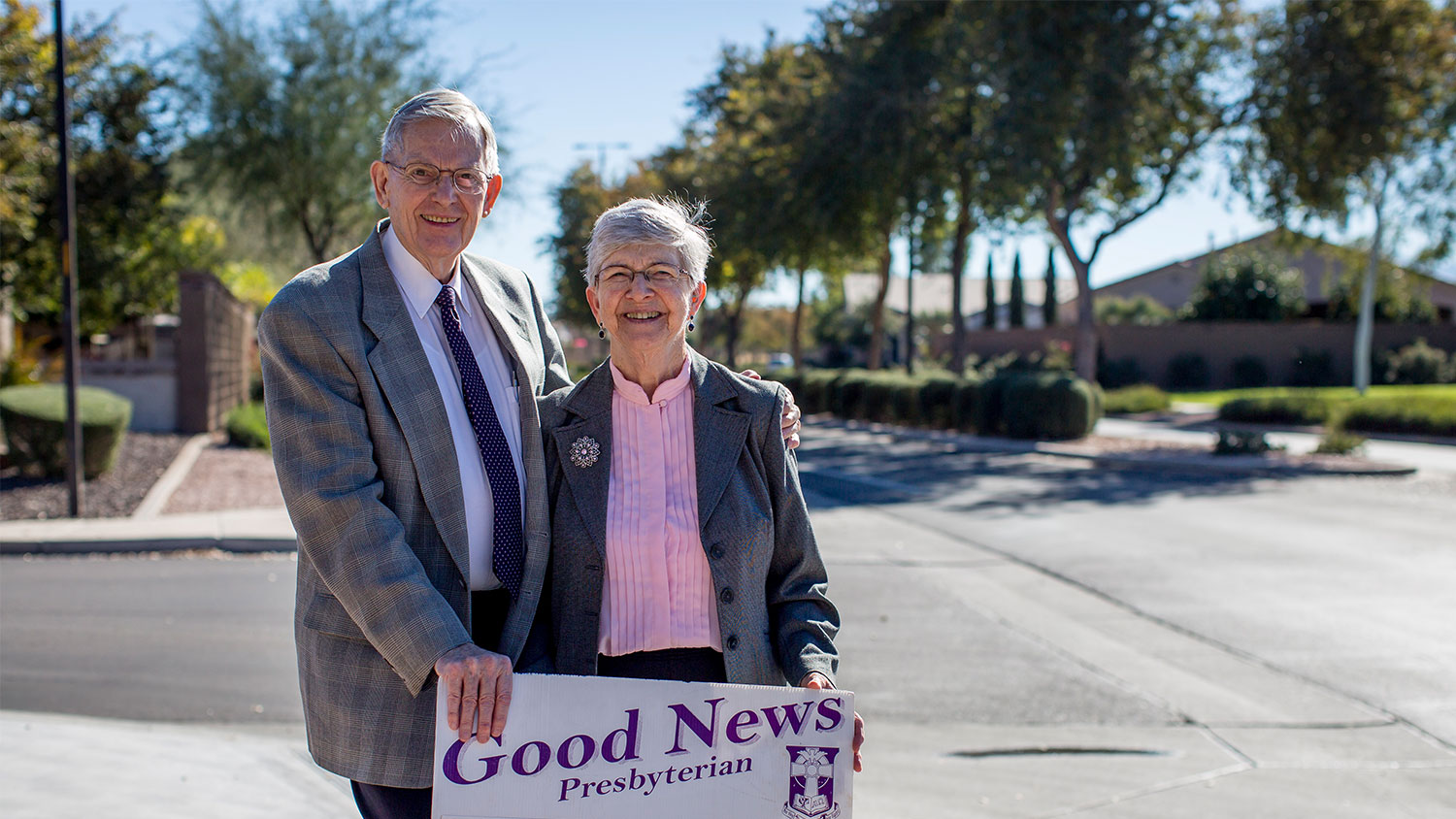
PHOENIX — Attorneys with the Alliance Defense Fund filed a lawsuit Thursday against the town of Gilbert for applying a strict signage ordinance against local churches that does not apply to others who post signs, including those who post signs expressing political, ideological, and commercial messages.
“It is unconstitutional for city officials to single out churches for censorship. If the town allows others to post signs well in advance either expressing a viewpoint or inviting the public to attend, then the town must allow churches to do the same,” said ADF Litigation Counsel Jeremy Tedesco. “This limitation on churches seems arbitrary and targeted, and it shackles the church in ways that it does not limit other organizations.”
Gilbert officials enacted a town code that discriminates against certain signage based on the content of the signs. According to the code, religious assembly signs are required to be smaller in size, fewer in number, and displayed for much less time than similar non-religious signs. Also, according to the ordinance, ideological signs and political signs–neither of which the code defines–are allowed to be posted without a permit, whereas a permit is required to post religious assembly signs.
Gilbert’s Code Compliance Department cited one local church, Good News Presbyterian, for exceeding the time limitation of two hours before and one hour after the service. Good News Presbyterian had been placing signs near the church to let members of the community know the time and location of their church services. The church had been placing their signs early in the day Saturday and removing the signs following the services on Sunday but can do so no longer.
“This case is a clear example of government encroachment on the First Amendment right to free speech and religious liberty,” said Tedesco. “This ordinance is overly restrictive and plainly discriminatory. Constitutionally, sign ordinances that place restrictions on signage cannot place greater restrictions on religious speakers than they place on non-religious speakers.”
ADF is a legal alliance of Christian attorneys and like-minded organizations defending the right of people to freely live out their faith. Launched in 1994, ADF employs a unique combination of strategy, training, funding, and litigation to protect and preserve religious liberty, the sanctity of life, marriage, and the family.

